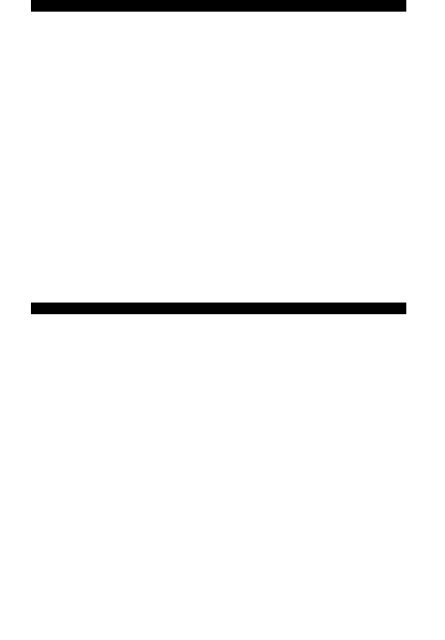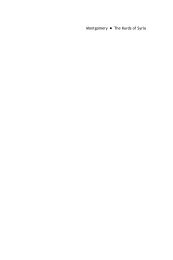Stateless Democracy
1RHiH4Y
1RHiH4Y
Create successful ePaper yourself
Turn your PDF publications into a flip-book with our unique Google optimized e-Paper software.
You have to educate, twenty-four hours a day, to learn<br />
how to discuss, to learn how to decide collectively. You<br />
have to reject the idea that you have to wait for some<br />
leader to come and tell the people what to do, and instead<br />
learn to exercise self-rule as a collective practice. The<br />
people themselves educate each other. When you put ten<br />
people together and ask them for a solution to a problem<br />
or propose them a question, they collectively look for an<br />
answer. I believe in this way they will find the right one.<br />
This collective discussion will make them politicized.<br />
— Salih Muslim, Democratic Union Party (PYD) Co-President,<br />
November 2014<br />
212–213<br />
After the revolution of July 2012, when new self-governing<br />
institutions came to power in Rojava, the need for a new<br />
kind of education was paramount. Not that the people of<br />
western Kurdistan were uneducated — high school graduation<br />
rates were and are very high there, as the Academic<br />
Delegation learned during our December 2014 visit. But<br />
education was crucial to creating the revolutionary culture<br />
in which the new institutions could thrive. It is a matter not<br />
for children and youths alone but for adults as well, even<br />
the elderly.<br />
As Aldar Xelîl, a member of the council of TEV-DEM<br />
[Movement for a Democratic Society], explained to us,<br />
Rojava’s political project is “not just about changing the regime<br />
but creating a mentality to bring the revolution to the<br />
society. It’s a revolution for society.” Dorşîn Akîf, a teacher<br />
at the academy, agreed: “Perception has to be changed,”<br />
she told us, “because mentality is so important for our<br />
revolution now. Education is crucial for us.”<br />
The first issue that the revolution had to confront was<br />
the language of instruction. For four decades under the<br />
Assad regime, Kurdish children had had to learn Arabic<br />
and study in Arabic. The Kurdish language was banned



